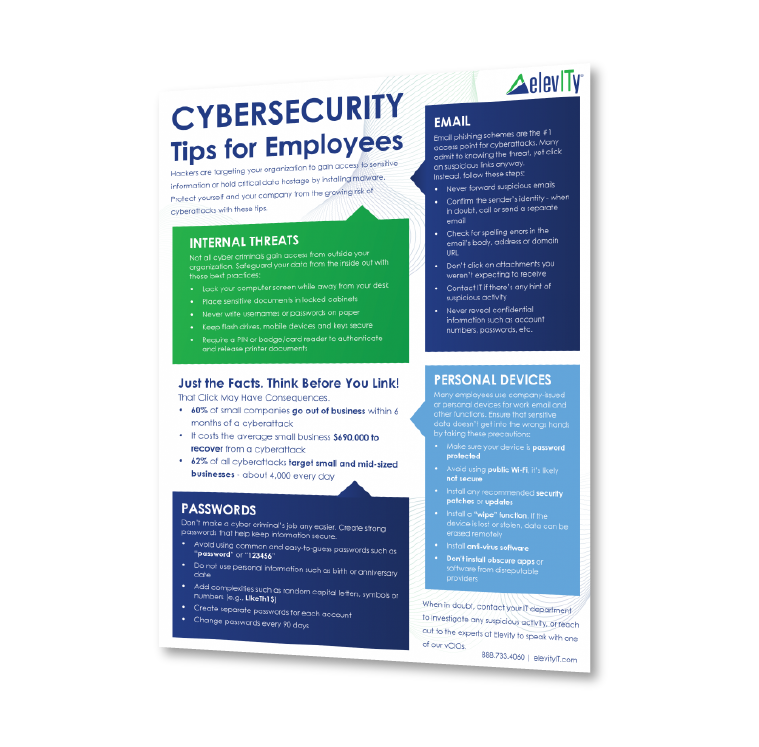The Possibilities and Pitfalls of This Revolutionary Technology
Artificial intelligence. Machine learning. These terms used to be confined to science fiction. Nowadays, you hear them spoken everywhere, and they’re infused into many aspects of our daily lives – whether you realize it or not.
What is Artificial Intelligence?
AI is basically a computer program that acts and responds with cognitive abilities that we would normally associate with a human. For example, IBM’s Watson can play Jeopardy as well as a human, sometimes better.
But you actually interact with AI directly every day. You know that little chat box that pops up on your favorite website’s home screen asking if you need any help? That’s a chatbot. That’s AI.
You also interact with AI on the telephone. There are AI-based call centers where you talk to a computer instead of an actual person.
Companies use AI in these ways to save money and be more competitive. For instance, Lemonade Insurance employs lots of AI chatbots to keep operations costs down. Using AI technology differentiates them in their marketplace, making them nimble and able to offer insurance at really good rates.
What is Machine Learning?
Unlike AI, which is focused on interactions with humans, machine learning takes data, feeds it to a computer, and then analyzes the data using advanced computer models and tools to identify insights, patterns, trends, and other useful information.
It has a lot of cool applications. Health researchers can take a bunch of patient data within a medical health records system and let machine learning crawl all over it to provide evidence of correlations between certain conditions that lead to cancer.
Advertisers use machine learning to watch how you interact on social media and therefore what you’re most likely going to purchase next. Then they send you advertisements based on those results.
Even anti-virus products are using machine learning. It helps the anti-virus tool look at the data about the files being executed on a particular computer and identify patterns that show what are likely suspicious files and behaviors.
What Does the Future Hold?
I’m a technology futurist and like to think about where tech is headed. Both AI and machine learning are definitely on the rise. But they’re also fraught with digital ethics questions.
Consider these “what if” scenarios:
- What if we let machine learning give us data about people that drives decisions that actually have negative outcomes?
- What if insurance companies are less likely to cover people because machine learning shows the propensity of certain people to do risky things?
From the Fitbits we wear on our wrists to all the Googling we do on the internet, we are constantly generating data about ourselves. Machine learning that’s able to create correlations between those activities is really powerful stuff. It’s potentially great for business. It may be great for the human race because we will get better outcomes in some things. But who controls that information and how far do we let it go?
Some Parting Thoughts
Big cloud leaders like Microsoft are on the leading edge of offering cloud computing with AI and machine learning as an “in-a-box” offering. It’s really cool. You can take a $100 Internet of Things kit that records outdoor temperature and pressure information on a little Raspberry Pi. You send that to Microsoft’s cloud (Azure) and its machine learning creates your own weather predictions – all without a single line of code.
That’s just a simple example of today’s out-of-the-box capabilities of IoT and machine learning. Tasks that used to require complex, expensive systems can now be done for pennies on the dollar in minutes. That’s what’s really driving this explosion of new technologies and new opportunities to leverage AI and machine learning and really infuse it into the tools and products we use every day.
You may be surprised how often you interact with AI in your daily life without even knowing it. From the shows Netflix suggests for your next binge to the Amazon "people also purchased" links, AI and machine learning can impact everything from our most casual activities to our most private medical decisions. I’m excited for what the future holds for AI. We’re already seeing its impact improve business operations and profitability. What’s even more exciting is the accessibility and affordability of this technology to everyone.
Additional Resources
What is AI? Everything You Need to Know About Artificial Intelligence (ZDNet)









